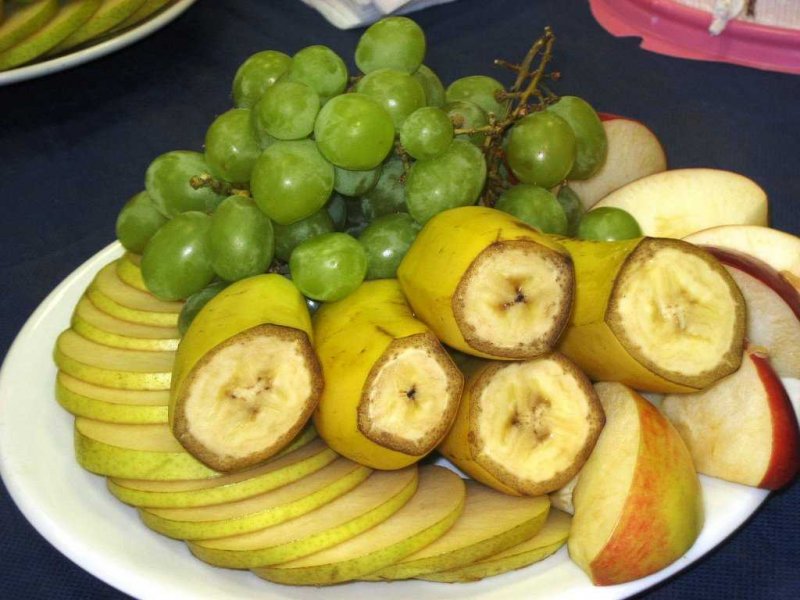Franchising, retail, business

01/09/2014
Last month, we showed how Russian citizens had taken to social media to denounce their government's decision to bad food imports in response to Western economic sanctions.
Those complaints do not appear to have been misplaced: Deutsche Welle is now reporting that food prices have skyrocketed in Russia's import-dependent far east, and that the rest of the country will soon follow. In Primorsky, a territory near China, meat prices have climbed 26%, while fish prices soared 40%. Chicken legs on Sakhalin Island, north of Japan, skyrocketed by 60%.
"...Remote regions like Sakhalin are completely dependent on imports due to the lack of local suppliers and harsh weather conditions which make growing their own crops impossible," DW's Irina Filatova writes. "Analysts estimate the share of groceries in the consumer basket used to track inflation at about 37%. The ban on food imports is expected to fuel annual inflation by the end of the year in what will be a serious blow to Russia's economy, which is already balancing on the edge of recession."
Experts are now saying Russia will hit its 8% food inflation ceiling by the end of 2015, well above the inflation target of 4.5% set by Russia's Central Bank for next year, Filatova says. The country has seen at least two-consecutive weeks of 0.1% consumer price increases, Filatova says. Meat, fish, fruit, vegetables, nuts and dairy products were banned from the U.S., E.U., Norway, Canada and Australia.
The ban appears poised to have some perverse impacts in other countries. Russia is now calling on Switzerland, which which not subject to its countermeasures, to meet its dairy needs, the BBC recently reported. Switzerland has strong economic ties with Russia, and it's begun debating whether to risk the ire of its Western partners to allow its cheesemongers to meet Russian demand.
"We join the sanctions and tomorrow I tell five employees in my company that I don't have any more a job for them because we don't sell to Russia?" one Swiss producer said. "I don't want this situation for my company or for Switzerland."
Meanwhile, Finnish grocery shoppers have begun rushing supermarkets to take advantage of rock-bottom food prices that have resulted from goods not being able to head to their Eastern neighbor.
"Branches of City Market and Prisma in South Karelia have described scenes akin to 'panic buying' as Finnish consumers snap up the cut-price milk, yoghurts and cheese," YLE reports. "Increased numbers of Russian shoppers have also been reported in supermarkets in eastern Finland, although there are currently no signs of the predicted cross-border exodus of Russians in search of their favourite Finnish dairy products."